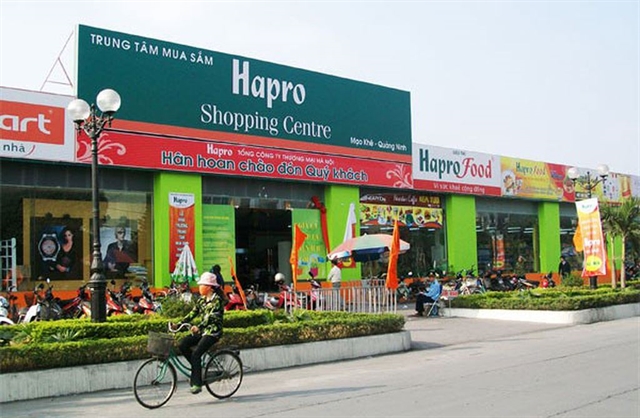Issues related to land use right continue to be obstacles to the State-owned enterprises' process of evaluating the businesses and share prices and executing their equitisation plans.

Issues related to land use right continue to be obstacles to the State-owned enterprises' process of evaluating the businesses and share prices and executing their equitisation plans, experts said at a meeting on Thursday.
According to the Ministry of Finance, 35 of total 127 State-owned enterprises (SOEs) targeted by Decision 991, which was issued by the Prime Minister in July 2017, have executed their equitisation plans for the 2017-20 period.
At the same time, 88 of 403 SOEs have sold the required State stakes in their capital in accordance with the Prime Minister’s Decision 1232 issued August 2017.
At this pace, Government agencies and SOEs have lagged behind the schedule and land use is blamed for the failure of the whole system.
For example, 20 SOEs have failed to execute their equitisation plans in the last two years though they were assisted in carrying out evaluation reports, Phan Van Ha, general director of the Vietnam Valuation IVC JSC, said.
Conflicts and overlaps among legal documents on land use right certificates are the cause of delayed equitisation plans, she said. For example, SOEs need to acquire provincial confirmation of their land use before finalising equitisation plans.
However, the process may take months and often exceeds the regulated time period for SOE equitisation, so both SOEs and evaluators must re-do the reports, she said.
In some cases, land use right certificates are not counted into the firms’ evaluations, making it more difficult for Ha’s company to evaluate the businesses.
Though the initial public offering of the Hanoi Trade Joint Stock Corporation (Hapro) on March 30, 2018 was a successful deal in SOE equitisation, there were concerns over the firm’s land use right certificates.
At first, Hapro was not approved to include its land lease right in the evaluation report, therefore, IVC had to find another way to calculate the value of the company shares – which still included the value of the firm’s land areas, Ha said.
To avoid a similar case in the future, whether to include a firm’s land use right in the evaluation report or not must be legalised, she said.
According to Dr Ngo Tri Long, former director of the Ministry of Finance’s Price and Market Research Institute, land use right is among the decisive factors that make SOEs valuable to investors, especially local ones.
If the issues related to land use right aren’t resolved soon, SOEs’ equitisation plans will be delayed and it could mean more losses for the State budget, he said.
To resolve land issues, the Vietnam Valuation and Financial Services JSC’s general director Vu An Khang suggested the Government remove the rule on evaluating the firm’s annual land lease fee to make regulations comply with each other.
In addition, the Government must issue rules to evaluate land areas whether they are located in more expensive areas or not so that the State would not suffer losses, he said. — VNS





